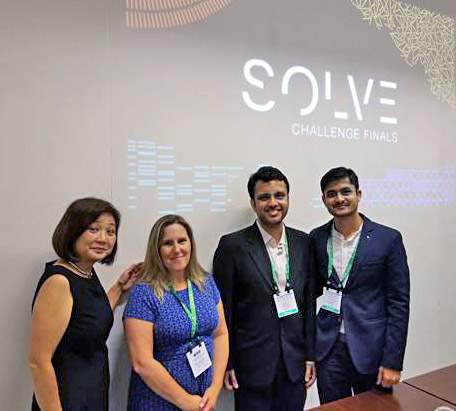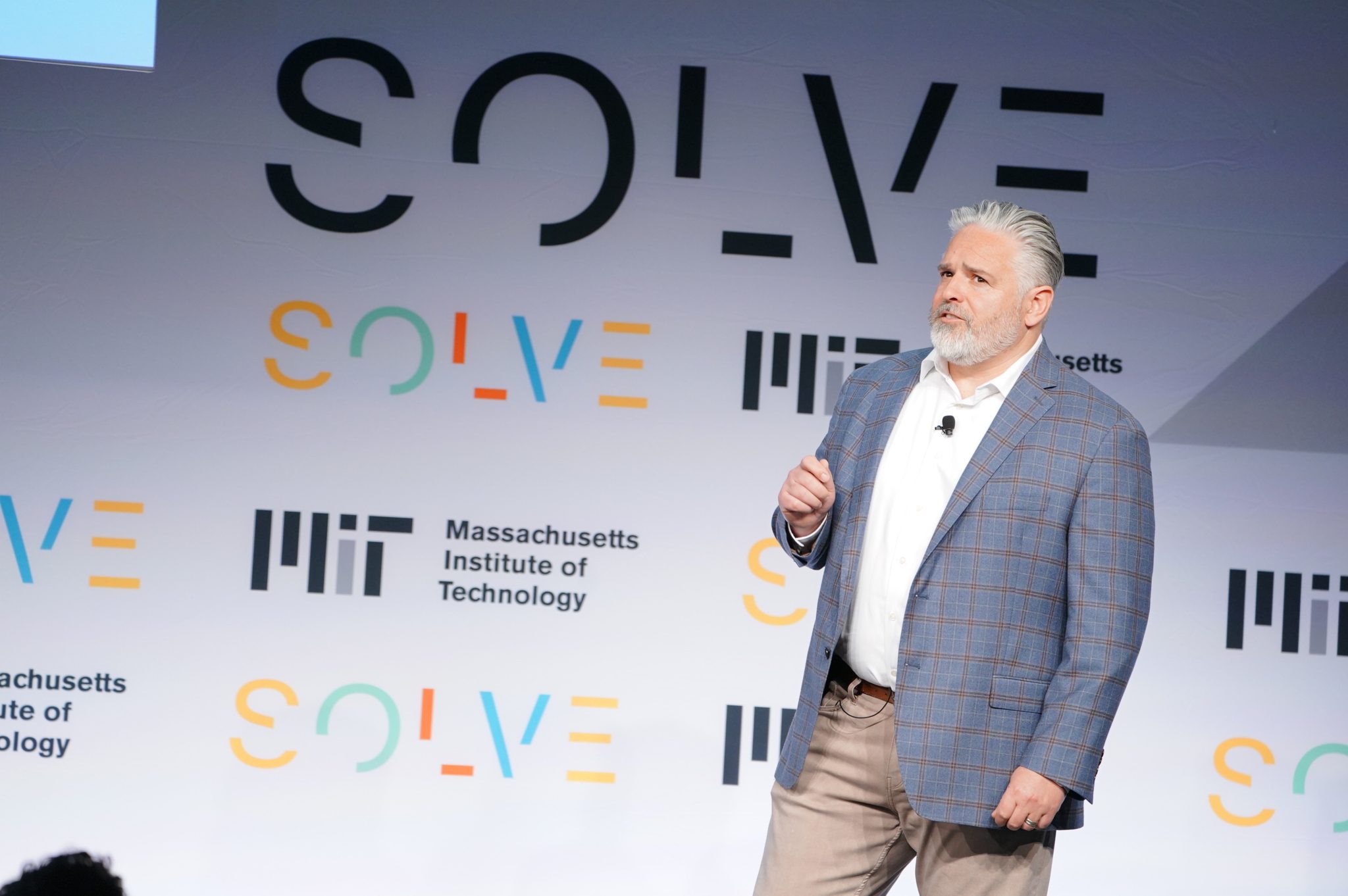Saba Khalid has set herself the goal of breaking some of Islamic Pakistan’s long-held taboos with the help of the internet, smartphones and WhatsApp. “Technology offers a sense of comfort,” she says of the work of Aurat Raaj, her Pakistani social enterprise. It educates women and adolescent girls about menstruation by means of audio messages sent via the WhatsApp social media platform.
Aurat Raaj, whose donors include the UN Children’s Fund, UN Women, the BMW Foundation and the Vodafone Americas Foundation, is not alone in its push to disseminate information about sexuality in conservative Pakistan.

